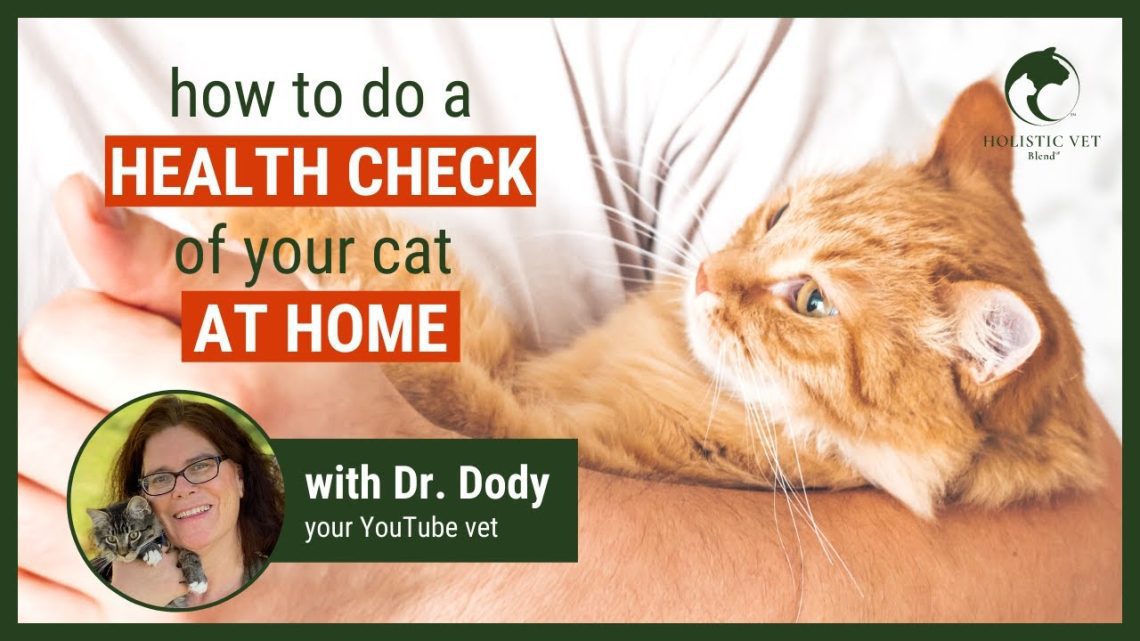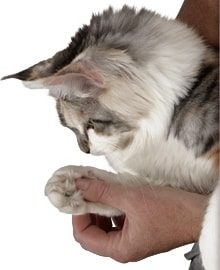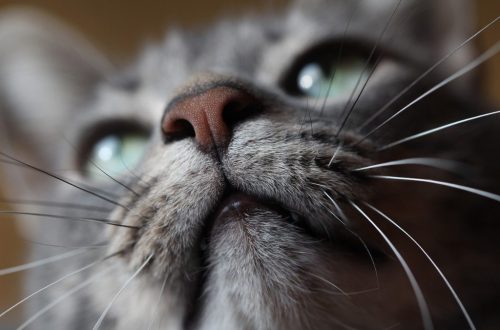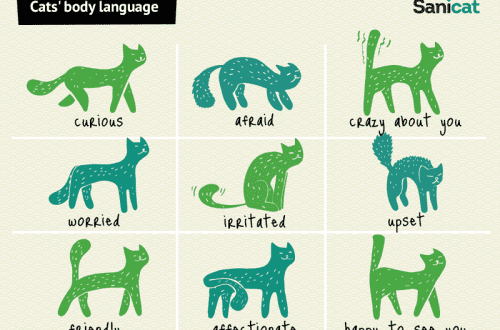
Meriv çawa tenduristiya pisîkê li malê kontrol dike
Contents
 Why you are as important to your kitten’s health as your veterinarian
Why you are as important to your kitten’s health as your veterinarian
Taking care of your kitten’s health starts at home. As with humans, prevention is much better than cure. As the person who knows your pet best, you are the best person to be the “eyes” and “ears” of your veterinarian.
Good habits are formed from childhood
Your kitten should get used to the fact that you regularly carry out various procedures with him and examine him. This will make life much easier for everyone. Here are some points to pay attention to.
Is your kitten getting fat?
You don’t want your fluffy baby to get better, do you? But being underweight is also not good, it can be a sign of illness. Your veterinarian should keep a record of your pet’s weight and height. You can also ask him how best to monitor the growth of the kitten yourself, so that he grows up happy and healthy.
If you are concerned about your kitten’s weight, make an appointment with your veterinarian.
Does your kitten’s coat look healthy?
The coat and skin of a kitten should glow with health. Check them for peeling, flaking, or cuts. Are there fleas or traces of flea activity? If the kitten’s coat is dull or tangled, it could be a sign of a nutritional deficiency or a medical condition. Discuss any concerns with your veterinarian.
Check your kitten’s eyes and ears
Look closely into your baby’s eyes. Are there any highlights? Are there any redness on the whites? Gently pull back the lower eyelid – this area should be pink.
Now look at his ears. They should be clean, pink, free of dirt and any strong smell. Check for wax, especially a dark color, which could be a sign of ear mites or an infection.
Any concerns you have about your pet’s eyes or ears should be discussed with your veterinarian.
Check your kitten’s teeth and gums
Gently open the kitten’s mouth. Does his gums look pink and healthy? Are there any deposits of tartar (yellow or brown) on his teeth? Usually there should be no deposits on the teeth of kittens. Does his breath smell okay?
Dental problems in cats are very common. You can prevent them by teaching your kitten to brush their teeth three times a week. Meat and fish flavored cat toothpaste is available at most veterinary clinics and pet stores. A small, soft children’s toothbrush will do, but be sure to keep it separate from the rest of the family’s toothbrushes. Alternatively, you can buy special cat toothbrushes from your veterinarian.
Once your kitten is an adult, your veterinarian may recommend feeding him Science Plan Adult Oral Care. This food significantly reduces the formation of plaque, tartar and stains.
Examine the claws and paws of the kitten.
Are there cuts or cracks on them?
Does he need to trim his nails?
Know what’s normal for your kitten
Perhaps the most important thing for any home health check is to know what is “normal” for your kitten. For example, does it have any unusual bumps or bumps? If something is bothering you, call your veterinarian immediately.



 Why you are as important to your kitten’s health as your veterinarian
Why you are as important to your kitten’s health as your veterinarian

